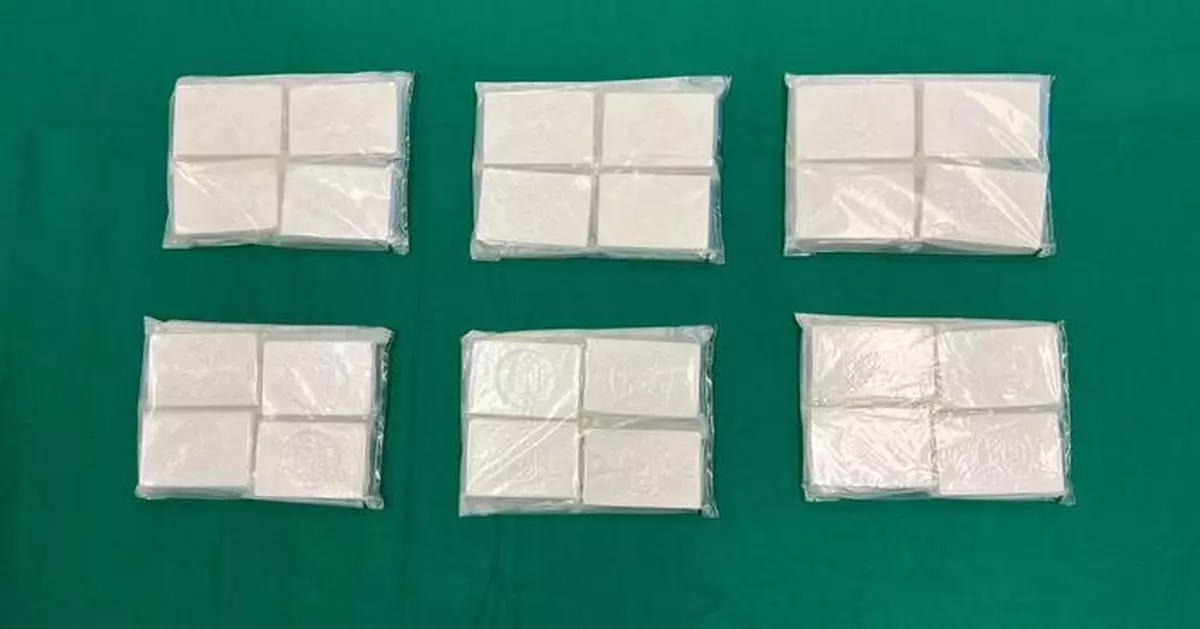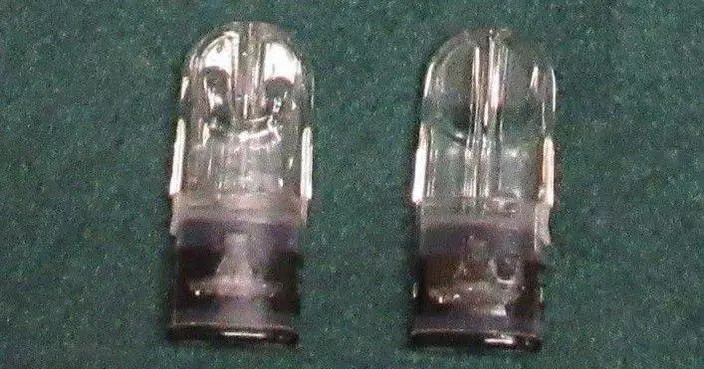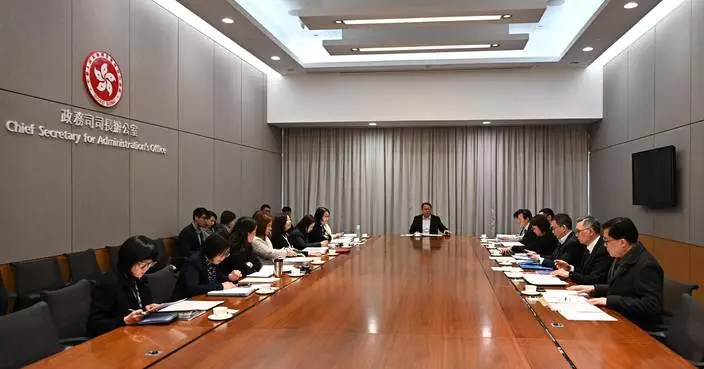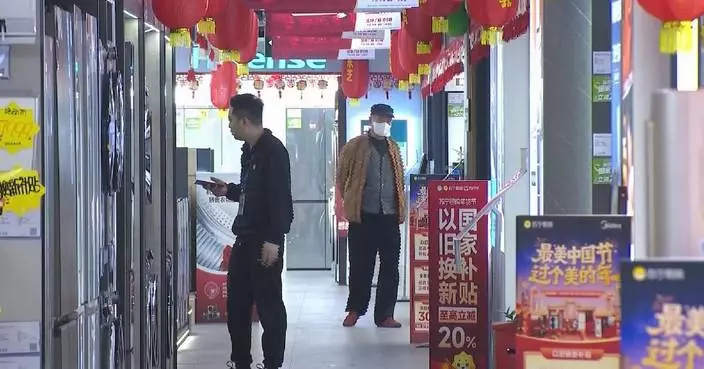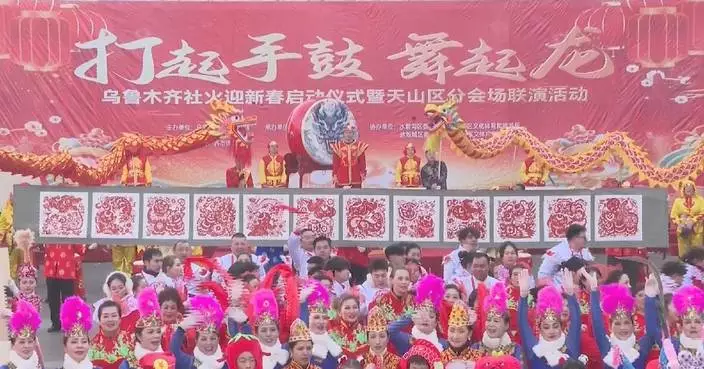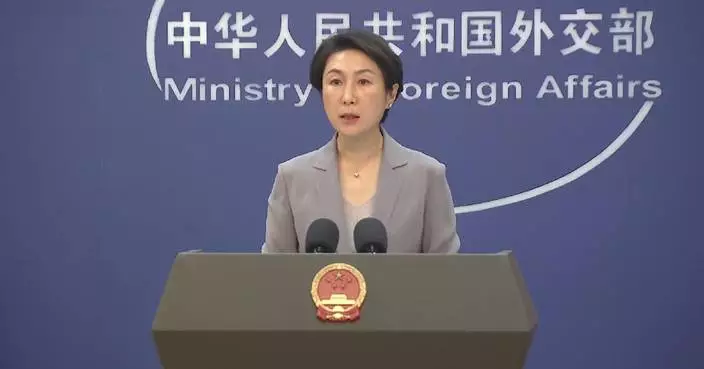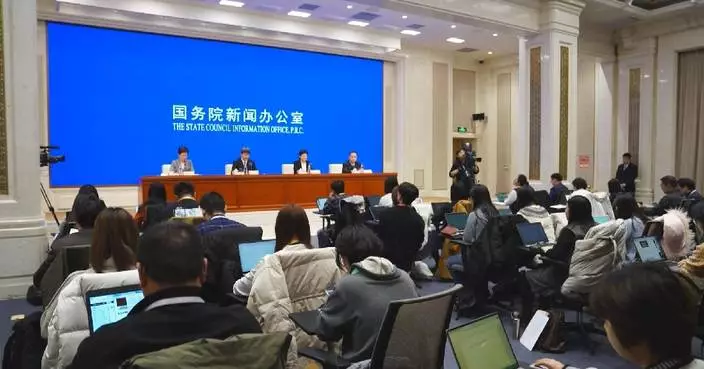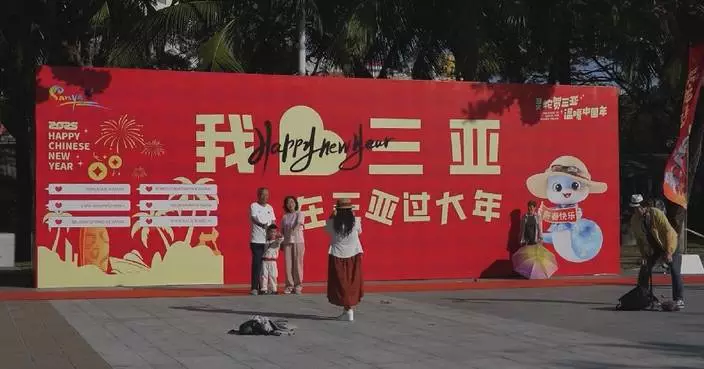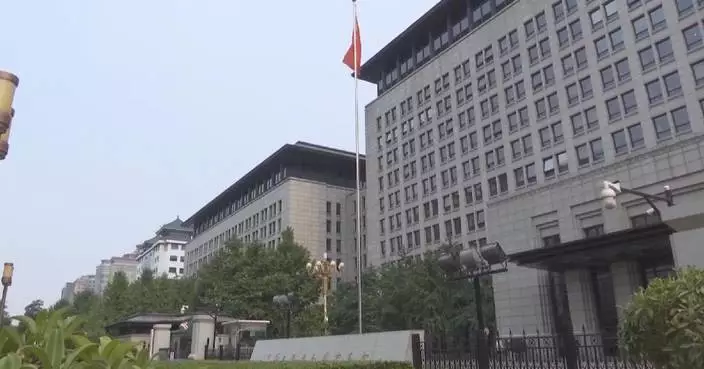Hong Kong Customs seizes suspected heroin worth about $5.8 million at airport
Hong Kong Customs yesterday (August 2) seized about 8.4 kilograms of suspected heroin with an estimated market value of about $5.8 million at Hong Kong International Airport.
Through risk assessment, Customs officers yesterday inspected an air consignment, declared as carrying durian and mochi, and arriving in Hong Kong from Malaysia, at Hong Kong International Airport. Upon inspection, Customs officers found about 8.4kg of suspected heroin therein.
After follow-up investigations, Customs officers conducted a controlled delivery operation yesterday in Mong Kok and arrested three males, aged between 25 and 53, suspected to be connected with the case.
The investigation is ongoing.
Under the Dangerous Drugs Ordinance, trafficking in a dangerous drug is a serious offence. The maximum penalty upon conviction is a fine of $5 million and life imprisonment.
Members of the public may report any suspected drug trafficking activities to Customs' 24-hour hotline 2545 6182 or its dedicated crime-reporting email account (crimereport@customs.gov.hk) or online form (eform.cefs.gov.hk/form/ced002).
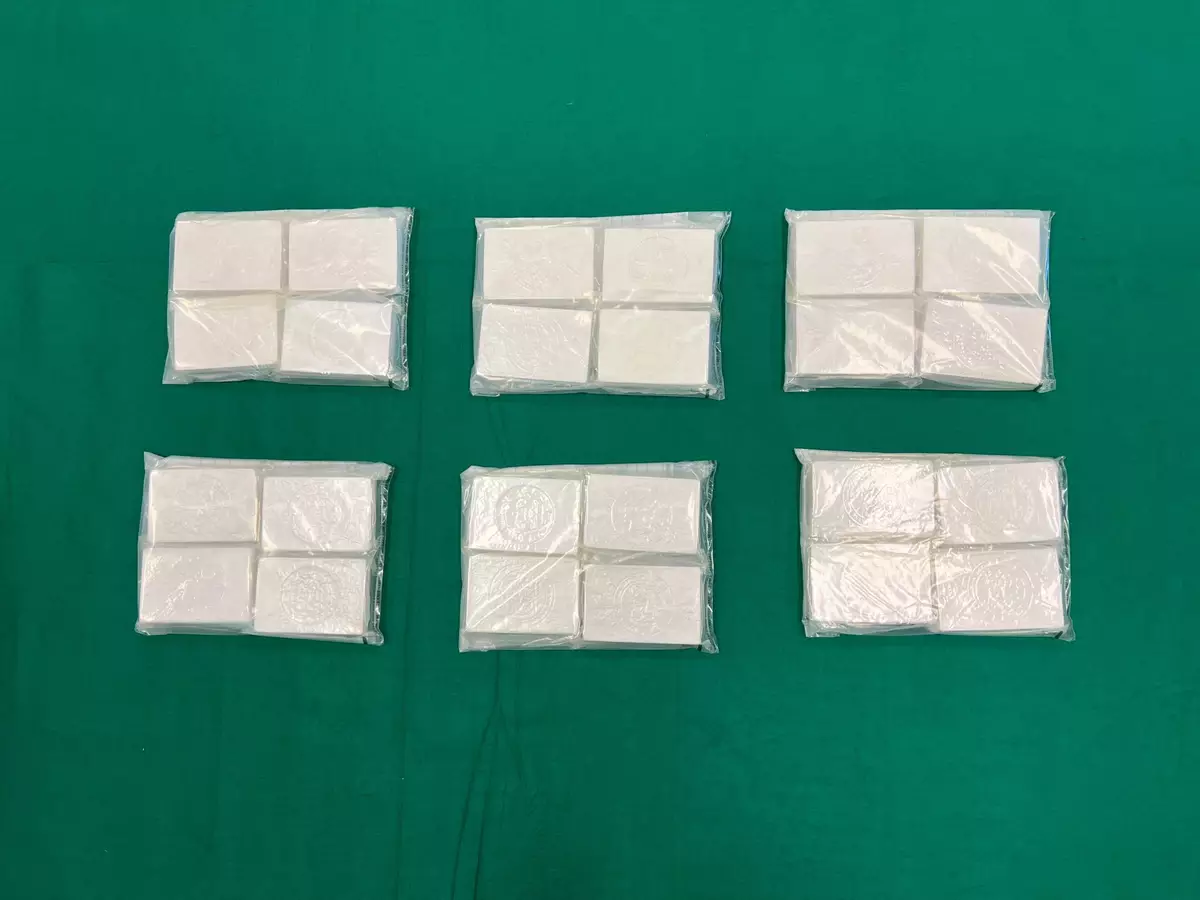
Hong Kong Customs seizes suspected heroin worth about $5.8 million at airport Source: HKSAR Government Press Releases
Hong Kong Customs inspects Lunar New Year fairs and promotes anti-infringing messages
Hong Kong Customs officers today (January 23) distributed pamphlets to stall operators at various Lunar New Year (LNY) fairs to remind them not to sell infringing goods.
The Divisional Commander (Intellectual Property General Investigation) of Customs, Mr Ho Chun-wing, said that during the LNY period, Customs will conduct inspections at all 15 LNY fairs across the districts and take stringent enforcement actions against infringing activities to protect consumer interests.
As early as last October and November, Customs distributed pamphlets to successful bidders for the LNY Fair stalls, reminding them to be cautious about the authenticity and origin of goods when merchandising. They were also reminded to verify with the corresponding agents or representatives of trademark and copyright owners if in doubt.
Under the Trade Descriptions Ordinance, any person who sells or possesses for sale any goods with forged trademark commits an offence. The maximum penalty upon conviction is a fine of $500,000 and imprisonment for five years.
Under the Copyright Ordinance, any person who sells or possesses for sale any infringing goods commits an offence. The maximum penalty upon conviction is a fine of $50,000 per infringing copy and imprisonment for four years.
Members of the public may report any suspected infringing activities to Customs 24-hour hotline 182 8080 or its dedicated crime reporting email account (crimereport@customs.gov.hk) or online form (eform.cefs.gov.hk/form/ced002).
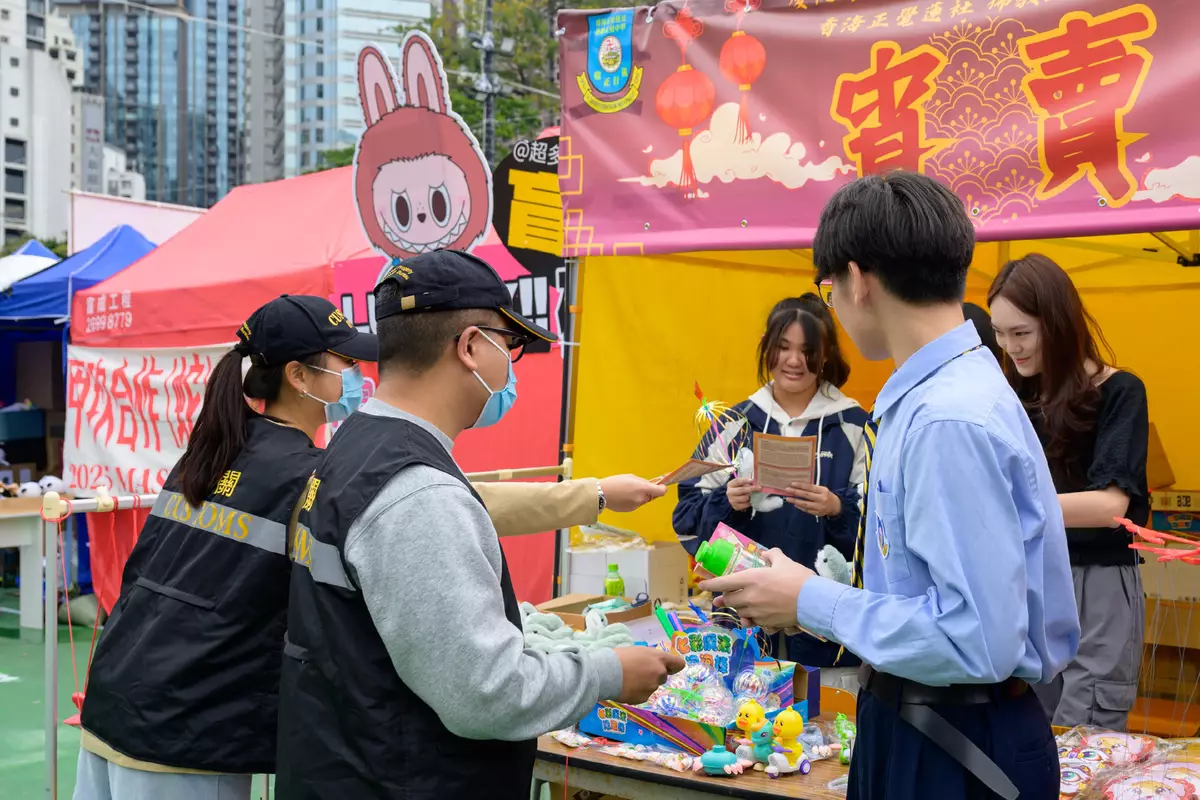
Hong Kong Customs inspects Lunar New Year fairs and promotes anti-infringing messages Source: HKSAR Government Press Releases



